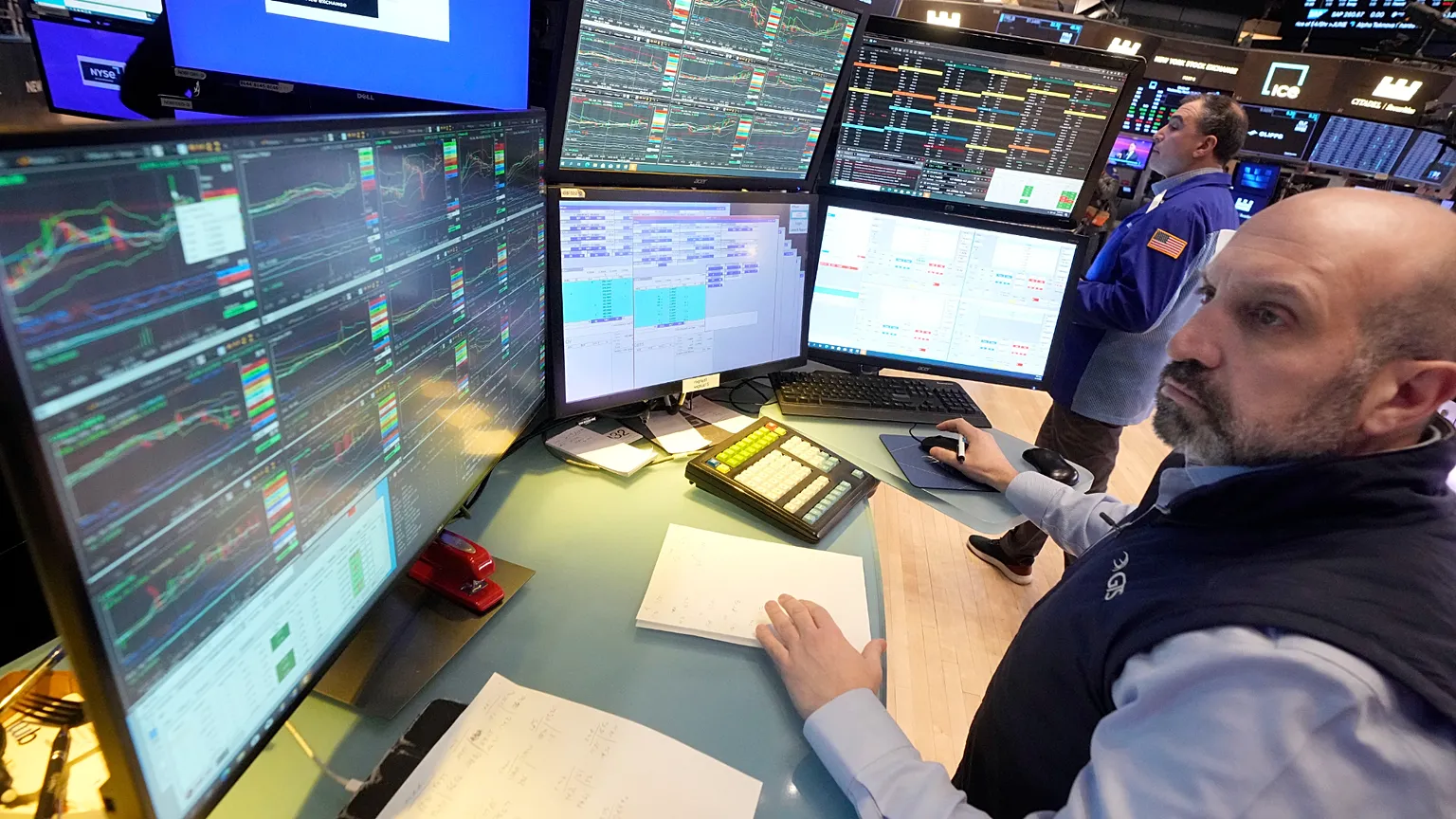Global stock markets have experienced a strong rally after new economic data suggested that inflation is cooling in several major economies. Investors responded with optimism, sending indexes in the U.S., Europe, and Asia higher. Analysts believe that this momentum could signal a period of stability for markets after months of volatility driven by inflation fears and rising interest rates.
The latest figures show consumer prices growing at a slower pace compared to previous months. Economists attribute this decline to easing energy prices, stabilized supply chains, and central banks’ aggressive interest rate strategies starting to take effect. These developments have boosted investor confidence, sparking renewed interest in equities across multiple sectors.
Wall Street Leads the Gains
In the United States, Wall Street’s main indexes recorded some of their best daily gains in months. The S&P 500, Dow Jones Industrial Average, and Nasdaq all climbed significantly, driven by tech and consumer discretionary stocks. Big names such as Apple, Microsoft, and Amazon saw strong gains as traders bet that inflationary pressures would ease further, reducing the risk of aggressive future rate hikes.
Financial experts highlight that easing inflation strengthens expectations for a more accommodative stance from the Federal Reserve. Although the Fed has not signaled any immediate changes to interest rates, a sustained decline in inflation could open the door to policy adjustments in the coming quarters.
European and Asian Markets Follow Suit
The positive sentiment was not confined to the United States. European markets also rallied, with the FTSE 100, DAX, and CAC 40 posting notable gains. Investors cheered signs of inflation slowing across the Eurozone, particularly in Germany and France. In Asia, markets in Tokyo, Shanghai, and Hong Kong mirrored the trend, benefiting from both local economic improvements and the spillover of global investor optimism.
Regional analysts say this global rally highlights the interconnected nature of modern financial markets. Positive developments in one major economy often encourage risk-on sentiment in others, especially in times of shared challenges such as inflation and supply chain disruptions.
Sector-Specific Gains
Certain sectors were particularly strong during the rally. Technology companies surged as investors anticipated improved consumer demand and stable financing conditions. The energy sector also gained, supported by steadier oil prices and stronger demand forecasts. Consumer goods and retail benefited from expectations that lower inflation would enhance purchasing power for households, further driving sales and corporate earnings.
Conversely, some defensive sectors such as utilities and healthcare saw more modest gains, as investors favored riskier assets during the rally. Still, these sectors remain attractive for those seeking long-term stability and dividends.
Challenges Ahead Despite Optimism
While markets celebrated the cooling inflation data, analysts caution that challenges remain. Geopolitical tensions, lingering supply chain vulnerabilities, and uneven global recovery trends could weigh on future performance. Additionally, central banks remain cautious, stressing the importance of monitoring inflation closely before making significant policy shifts.
Economists warn that inflation is not fully conquered and could resurface if energy markets tighten or consumer demand surges unexpectedly. Investors are advised to remain vigilant and diversify portfolios to manage potential volatility.
FAQs
Why are global markets rallying now?
Markets are rising because inflation data suggests consumer prices are growing more slowly, easing fears of aggressive central bank policies.
Which sectors gained the most?
Technology, energy, and consumer goods led the gains, while defensive sectors like utilities and healthcare grew more modestly.
How does inflation affect stock markets?
High inflation reduces consumer purchasing power and pressures central banks to raise rates, which can hurt stock valuations. Cooling inflation generally supports stronger markets.
What role does the Federal Reserve play in market performance?
The Fed’s interest rate policies heavily influence investor sentiment. Lower inflation could give the Fed room to pause or ease rate hikes.
Should investors expect this rally to continue?
While optimism is high, risks remain. The rally’s sustainability depends on ongoing inflation trends, economic resilience, and geopolitical developments.
Conclusion
The recent rally in global stock markets reflects growing optimism that inflation may finally be easing. Investors are hopeful that this trend will translate into more favorable central bank policies and sustained economic growth. Strong performances across technology, energy, and consumer goods highlight renewed confidence in the global economy.
However, uncertainty remains. Challenges such as geopolitical instability, uneven recoveries, and energy market fluctuations mean that investors should balance optimism with caution. Diversification and long-term strategies remain critical as markets continue to navigate complex global conditions.







